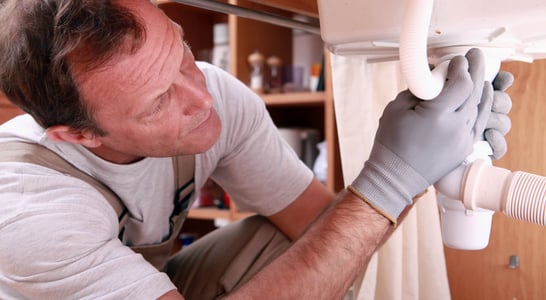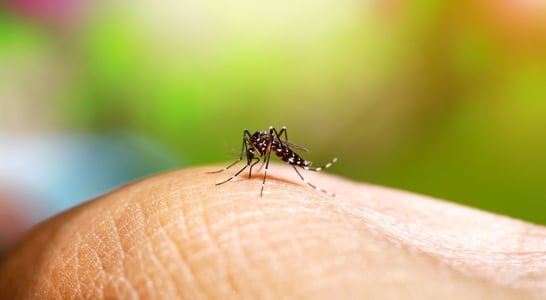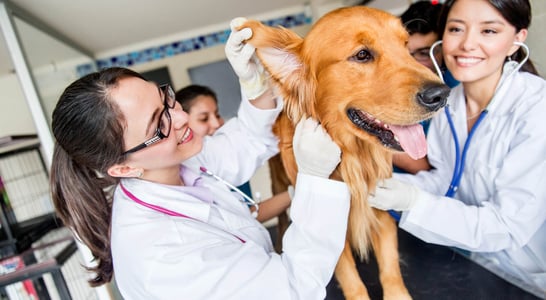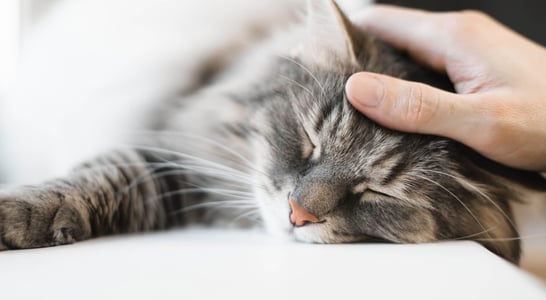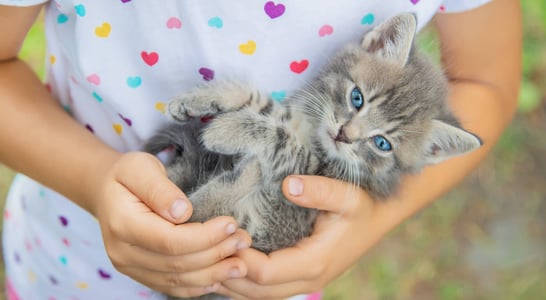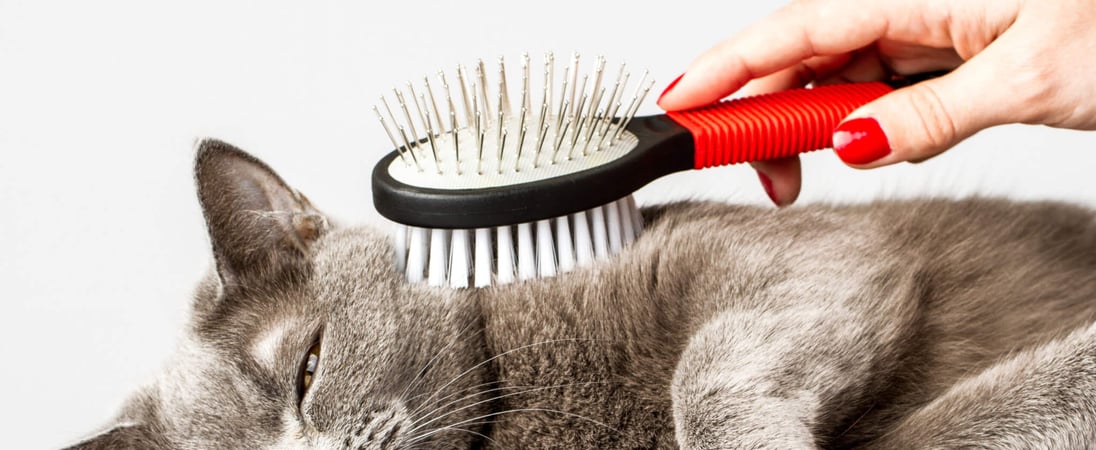
National Hairball Awareness Day
Cats get hairballs…right? Yes, and no. For many cats, the occasional hairball is normal and healthy, but be aware of signs that these hairballs might be harming them.
Having a day dedicated to our furry friends, specifically focusing on something as quirky as hairballs, is simply beautiful.
National Hairball Awareness Day is a thing, and it’s celebrated on the last Friday of April every year. It’s not just a day to wrinkle our noses at the thought of hairballs but a chance to dive into the health and well-being of our beloved pets, especially cats.
How to Celebrate National Hairball Awareness Day
Celebrating National Hairball Awareness Day can be both educational and fun. Here are some quirky and playful suggestions:
Host a Cat Spa Day: Grab a brush and pamper your kitty with a grooming session. It’s a perfect way to reduce those pesky hairballs.
Create a DIY Cat Toy: Engage your cat’s playful side by crafting a toy with household items. This will encourage exercise and distract your cat from excessive grooming.
Educational Cat Party: Invite fellow cat owners for a get-together. Share tips on cat health, focusing on hairball prevention. Make it fun with themed decorations!
Try a New Cat Treat: Look for treats specifically designed to minimize hairballs. Your furry friend will love the taste test.
Visit the Vet: Book a check-up for your cat. It’s a great way to ensure they’re in top health and to discuss hairball management strategies.
Share on Social Media: Use #NationalHairballAwarenessDay to spread the word. Post cute pics of your grooming session or your cat enjoying their new toy.
Donate to a Cat Shelter: Show your love for all cats by donating grooming tools or funds to local shelters. It’s a way to help those cats waiting for their forever homes stay hairball-free and happy.
Learn About Cat Health: Spend some time reading up on cat health and hairball prevention. Knowledge is power, and your cat will thank you!
These activities not only celebrate the day but also promote a healthier lifestyle for your feline friends.
Why Celebrate National Hairball Awareness Day?
This day originated with a very thoughtful purpose. It aims to shed light on the fact that while hairballs are common among cats, they can sometimes signal underlying health issues.
Cats groom themselves; it’s what they do, and in doing so, they ingest fur. This can form hairballs, which they usually cough up. However, if this becomes frequent or problematic, it might be time for a vet visit.
Why dedicate a whole day to this? Well, it turns out there’s a lot we can do to help our feline companions manage this hairy situation.
From regular grooming to keeping an eye on their diet and hydration, there are simple steps that can make a big difference.
Plus, it’s an excellent reminder to pay attention to our pets’ health and not take those hairball incidents as just another part of pet ownership. It’s about care, awareness, and sometimes, a little extra grooming or a vet check-up.
In a nutshell, National Hairball Awareness Day is more than just about hairballs. It’s a call to action for pet owners to engage more deeply with the health and happiness of their pets.
So, when April 26th rolls around, take a moment to consider what you can do for your furry friend’s health. And maybe, just maybe, give them an extra brushing or a special treat to help keep those hairballs at bay.
History of National Hairball Awareness Day
National Hairball Awareness Day has an interesting backstory that combines medical curiosity with pet care awareness.
Launched in 2006 by the National Museum of Health and Medicine, the day was established with the goal of educating pet owners about hairballs, those unwanted but common occurrences in our feline friends.
Dr. Blake Hawley of Hill’s Pet Nutrition is credited with founding the day to shed light on why cats get hairballs and how to prevent them, highlighting the importance of cat health and wellbeing.
Hairballs, scientifically known as trichobezoars, form when cats groom themselves and swallow fur, which can accumulate in their stomach.
While it’s a normal part of a cat’s grooming process, excessive hairballs can indicate health issues. The history of hairballs goes beyond cats, with humans and other animals like cows and rabbits also capable of developing bezoars, the general term for these accumulations.
The National Hairball Awareness Day serves as a yearly reminder for pet owners to pay closer attention to their cats’ grooming habits and health.
It encourages practices like regular brushing and vet check-ups to manage or prevent hairball formation. Furthermore, it’s a day to spread knowledge on how stress, diet, and hydration can influence hairball formation, offering solutions like diet changes and increased hydration to help pets.
Intriguingly, the concept of bezoars dates back centuries, with various types recognized for their presence in both humans and animals.
Historically, bezoars were believed to have medicinal properties, particularly against poisoning. This rich history adds an extra layer of fascination to National Hairball Awareness Day, connecting it to a long tradition of interest in the peculiarities of animal and human health.
In summary, National Hairball Awareness Day is not just about dealing with a messy nuisance; it’s a day dedicated to improving the health and happiness of our furry companions through education and proactive care.
Also on ...
View all holidaysNational Hug a Plumber Day
Give a special thank-you to the unsung heroes that keep our lives flowing—literally. Without plumbers, we would live in a much more disgusting world.
World Penguin Day
Volunteer to help and educate the world about penguins, the adorable flightless birds of the Southern Hemisphere that face dangers from melting ice caps and more.
World Malaria Day
Half a million people die of malaria each year. Donate to efforts to stop these deaths by providing mosquito netting and treatment to commonly affected areas.
National DNA Day
Ever since Watson and Crick’s discovery of the double helix, DNA has aided healthcare, science, even crime. Try a DNA kit, or read about the history of DNA.
We think you may also like...
National Holistic Pet Day
Consider your pet’s health in a new way on National Holistic Pets Day, a time to consider all aspects of your pet’s health at the same time, not symptom by symptom.
Respect Your Cat Day
Cats are independent and curious creatures. Show them love by providing a safe environment, playtime, and respect their boundaries.
